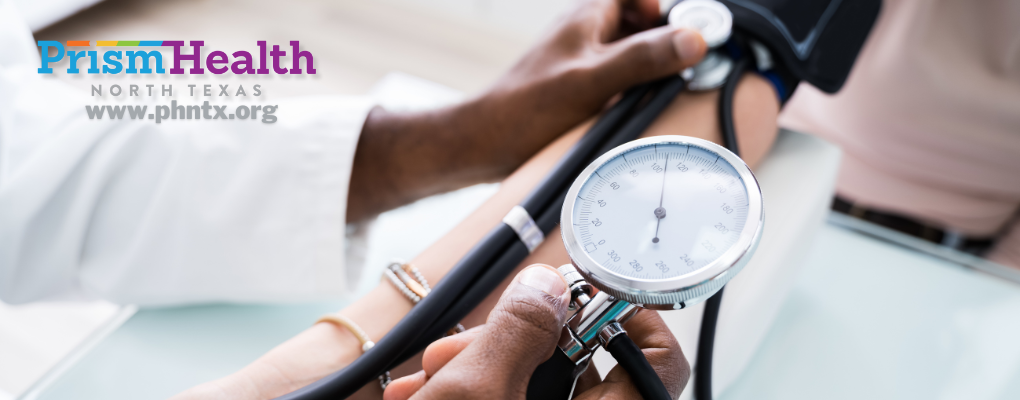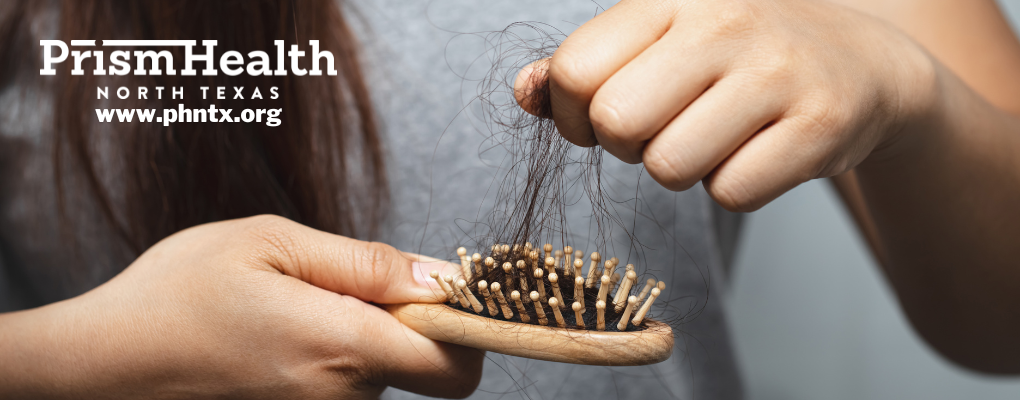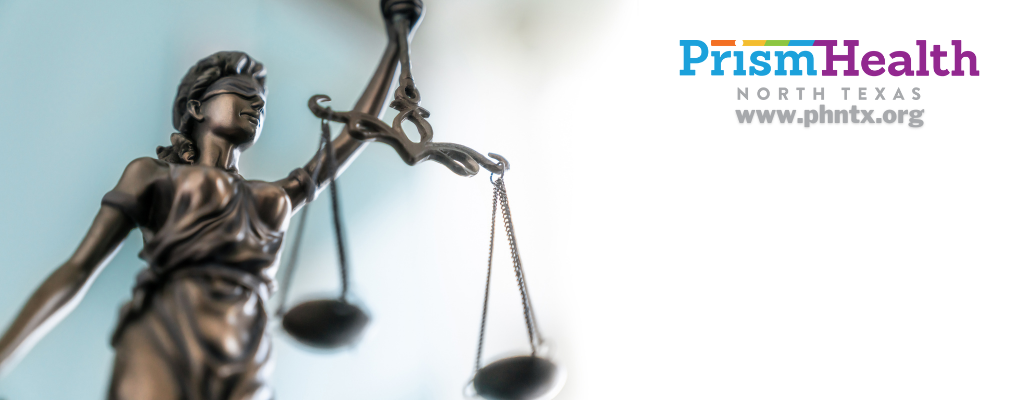
Understanding Hypertension: Causes and Remedies
Published: 04-16-2024 | 2 MIN READ | Author: Prism Health North Texas
High blood pressure, or hypertension, is a common medical condition that affects millions of people worldwide. According to the CDC, “Nearly half of adults have hypertension (48.1%, 119.9 million),” and “1 in 5 adults with high blood pressure is unaware of it and would not report having it.”
Hypertension occurs when the force of blood against the walls of the arteries is consistently too high. This can potentially cause complications such as heart disease, stroke, and kidney problems. The exact cause of hypertension can vary from person to person. Here are a few common causes of high blood pressure:
- Lifestyle: Lifestyle choices such as a diet high in salt and saturated fats, not enough physical activity, excessive alcohol consumption, and smoking can all cause hypertension. These factors can lead to elevated blood pressure due to weight gain, increased cholesterol levels, and decreased overall cardiovascular health.
- Genetics: Family history can also play a significant role in determining an individual’s risk of developing hypertension. If you have a family history of high blood pressure, you may be more likely to develop the condition yourself.
- Stress: Chronic or prolonged periods of stress can cause the body to release hormones that constrict blood vessels and elevate blood pressure. Too much stress can contribute to the development of hypertension and other cardiovascular problems.
- Underlying Health Conditions: Certain underlying health conditions such as diabetes, kidney disease, and sleep apnea can increase the risk of hypertension. Treating these underlying conditions can help manage blood pressure levels.
It is hard to tell you have high blood pressure unless you get it checked regularly. Gaining control of your blood pressure is an important precaution to take care of your heart health. Most of the changes to make to reduce hypertension are lifestyle changes. Here are some ways to lower blood pressure:
- Healthy Diet: A balanced diet rich in fruits, vegetables, whole grains, and lean proteins while limiting salt, saturated fats, and processed foods can help lower blood pressure. The Dietary Approaches to Stop Hypertension (DASH) diet, emphasizes fruits, vegetables, and low-fat dairy products. It has been shown to effectively lower blood pressure.
- Regular Exercise: Engaging in regular physical activity is crucial for maintaining cardiovascular health and lowering blood pressure. At least 150 minutes of moderate-intensity exercise per week, such as brisk walking, swimming, or cycling will help reduce hypertension and improve your overall health.
- Weight Management: Losing excess weight can significantly reduce blood pressure levels. Even modest weight loss can lead to improvements. Combining a healthy diet with regular exercise is the most effective approach to weight management.
- Limit Alcohol and Quit Smoking: Excessive alcohol consumption and smoking can both raise blood pressure and increase the risk of cardiovascular problems. Limiting alcohol intake to moderate levels (no more than one drink per day for women and two drinks per day for men) and quitting smoking are some of the best lifestyle changes you can make for your body.
- Manage Stress: Incorporating stress-reducing activities such as meditation, yoga, deep breathing exercises, and hobbies into your daily routine can help lower blood pressure and improve overall well-being.
- Medication: In some cases, lifestyle changes alone may not be sufficient in lowering blood pressure to a healthy range. In these cases, medication may be prescribed by a healthcare professional to help manage hypertension.
Hypertension is a common but manageable condition that requires proactive lifestyle changes. A healthier lifestyle, managing stress, and seeking appropriate medical care can help you and your loved ones lower their blood pressure and reduce their risk of developing cardiovascular complications. Regular monitoring of blood pressure and ongoing communication with a healthcare provider can help you reach lower blood pressure goals.
Sources:
High Blood Pressure Symptoms and Causes – CDC
10 ways to control high blood pressure without medication – Mayo Clinic



